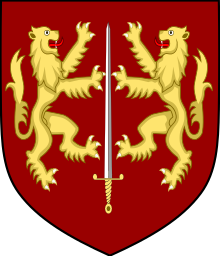Congratulations new Vermin! You have just won the dorm lottery! Securing your spot in Carroll Hall means you’ve landed in one of the most unique and storied communities at Notre Dame. Your new home at the “Lakeside Estate” offers a setting unlike any other. Perched on the quiet, scenic shores of St. Mary’s Lake, your walk home will be a serene journey past the Grotto, along the lake path, and down Carroll Drive, a constant reminder of the natural beauty that adorns this campus. Carroll is well known across campus for it’s community, traditions, and brotherhood.
We know that your academic journey into college can be a monumental step. Rest assured, you are not navigating it alone. When you arrive you will be welcomed by our exceptional hall staff and welcome weekend committee. Not long after, you will be introduced to the rest of the Carroll family where everyone is able to help and support you. We take immense pride in our welcoming spirit, embodied by our motto, “All Are Most Welcome.”
Get ready to dive into the traditions that are the heartbeat of this side of the lake. Some popular traditions include “Vermin Go Gold”, a bold statement of unity carried through generations of Carroll Residents, “A Carroll Christmas” which transforms the hall into a festive spectacle and a beloved campus-wide tradition, hoisting the massive “GO IRISH!” banner, a beacon of spirit, and “Lime Week” which is for the boys.
You are now part of a legacy. We are thrilled to welcome you into our home, share our cherished traditions, and watch as you begin to write your own chapter in the story of the Vermin.
Matthew and JC
